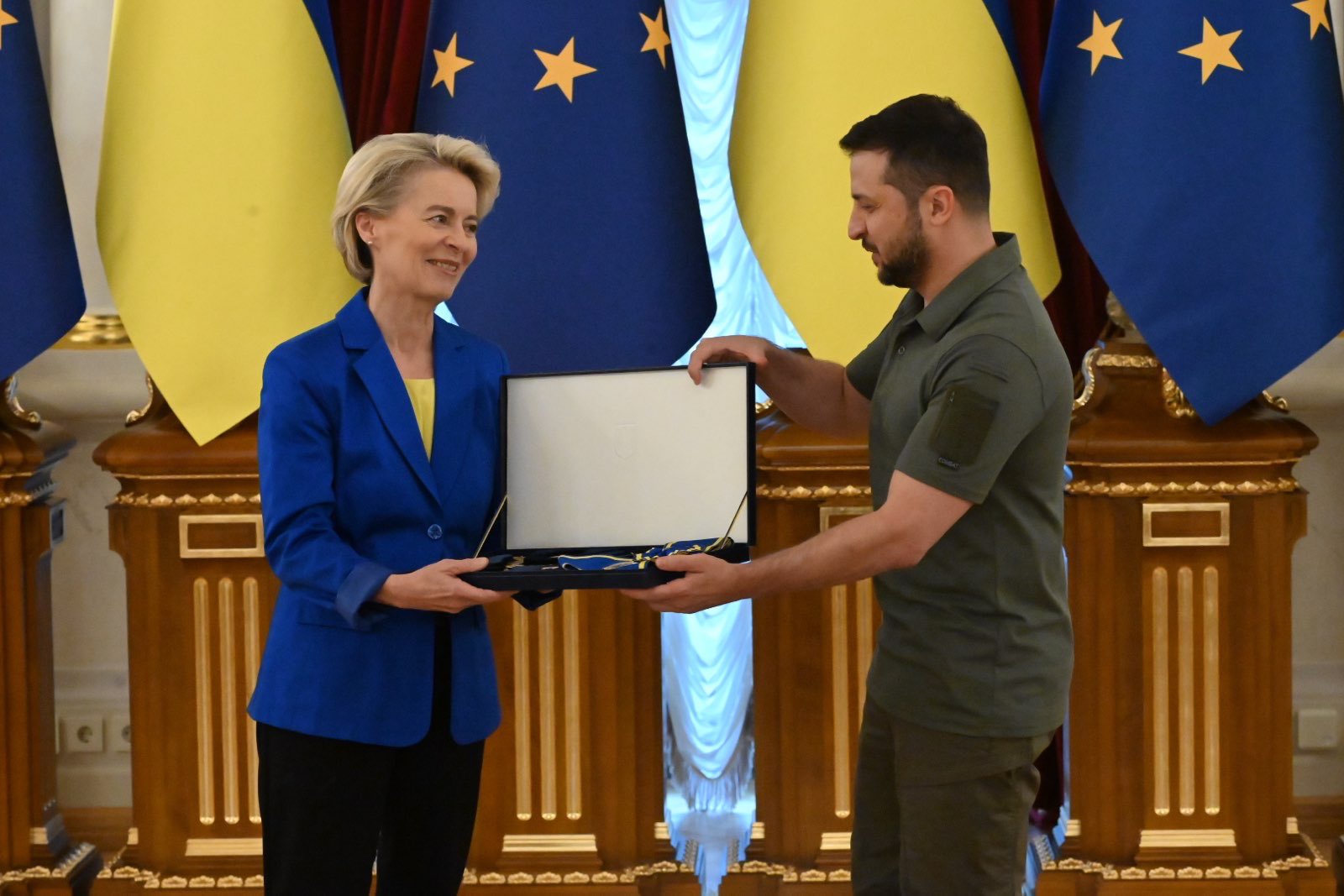
A Hungarian organization in Ukraine has sent its opinion about the language laws to the Venice Commission.Continue reading
According to Katalin Szili, politician, former Speaker of the National Assembly and Chief Adviser to the Prime Minister, the situation of national minorities in Ukraine, including the Hungarian minority in Transcarpathia, has “found itself on a dangerous slippery slope.” The war does not entitle Ukraine to restrict its rights and does not exempt it from meeting the accession requirements set by the European Union for candidate countries.
The Prime Minister’s Chief Adviser made her views clear on the issue at a panel discussion on minority rights during war and peace at the 32nd Bálványos Summer Free University and Student Camp on Thursday. According to MTI, she said that
while peace-building is obviously a priority, if Ukraine is to move closer to the EU, it is important for it to meet the requirements that the EU imposes on all other candidate countries.
Katalin Szili drew attention to the reduction of rights – concerning the language, cultural, and educational rights of national minorities – that has taken place since 2017, when Ukraine became an associated country of the EU. She stressed that
the Law on Minorities adopted in December 2022, imposes a direct assimilation obligation on persons belonging to national minorities.
This is clearly not only a step backwards compared to the situation before 2017, but a continuous process: as Ukraine moves closer to the EU, it is cutting back on national minority rights in parallel, the prime minister’s adviser reasoned.
She noted that the priority now is obviously peace-building, in which the EU also has a special responsibility. However, the EU is not concerned with bringing the parties to the table and trying to moderate peace-building, but is fueling the war by providing resources to continue it.
On the other hand, according to Szili, the war situation does not mean that Hungary should remain silent on national minority issues, just as Romania and all the other neighboring countries are speaking out on their own national minorities.
Ukraine cannot be exempt from meeting EU conditions, and the legal protection of its national minorities must be strengthened.
“Our minorities living in blocs should have the possibility of self-governance, and those that live in dispersed areas should have the possibility of cultural and personal autonomy, as is customary elsewhere in Europe,” she said.
She recalled that Prime Minister Viktor Orbán’s ambition is to move Central Europe towards a new reconciliation alongside peace, ending the war. These countries are interdependent and their cooperation can only lead to a win-win situation. However,
reconciliation is a prerequisite for Europe to have a new center of gravity,”
the prime minister’s adviser concluded.
Featured image: MTI/Veres Nándor